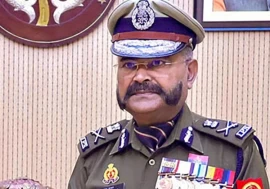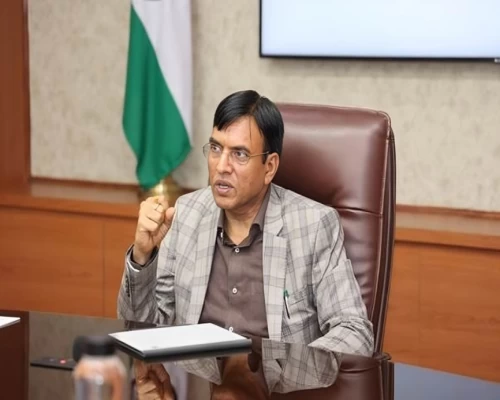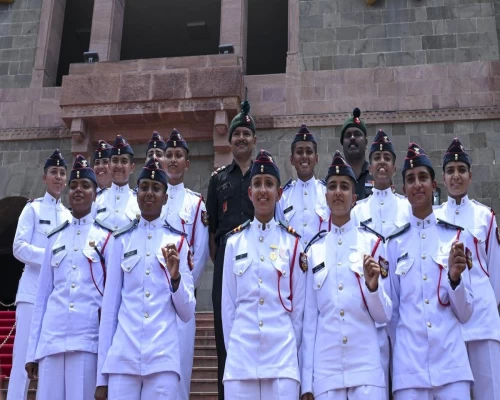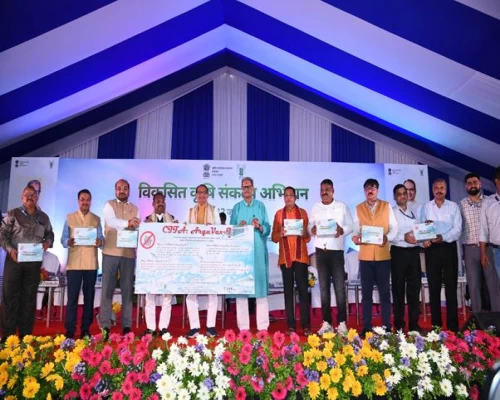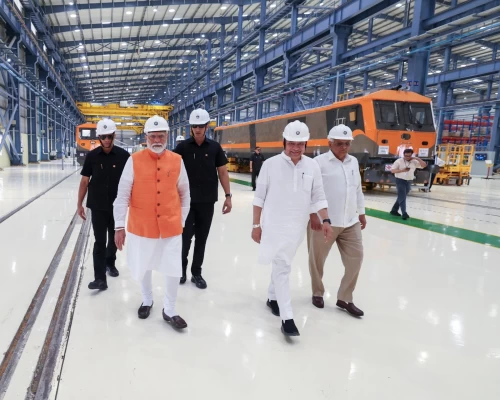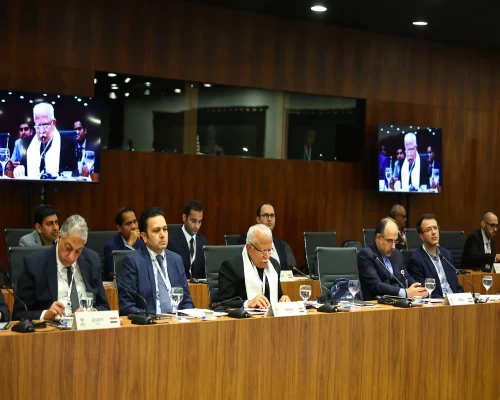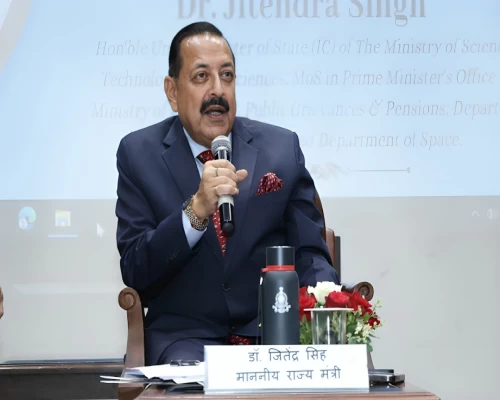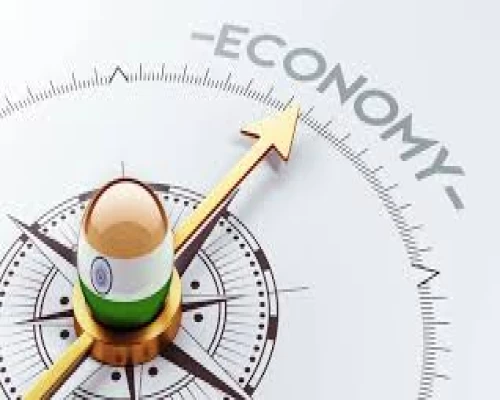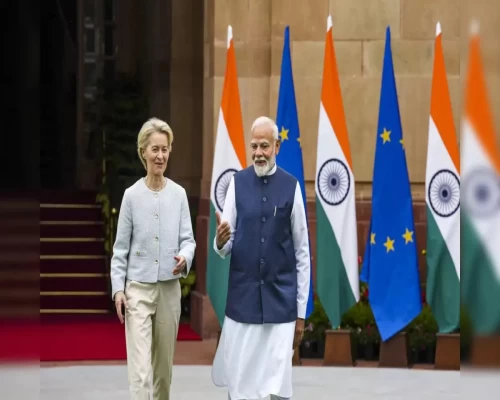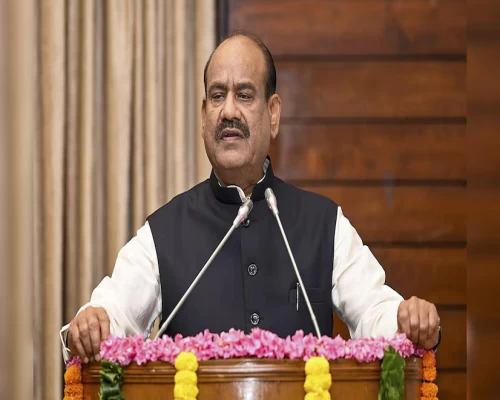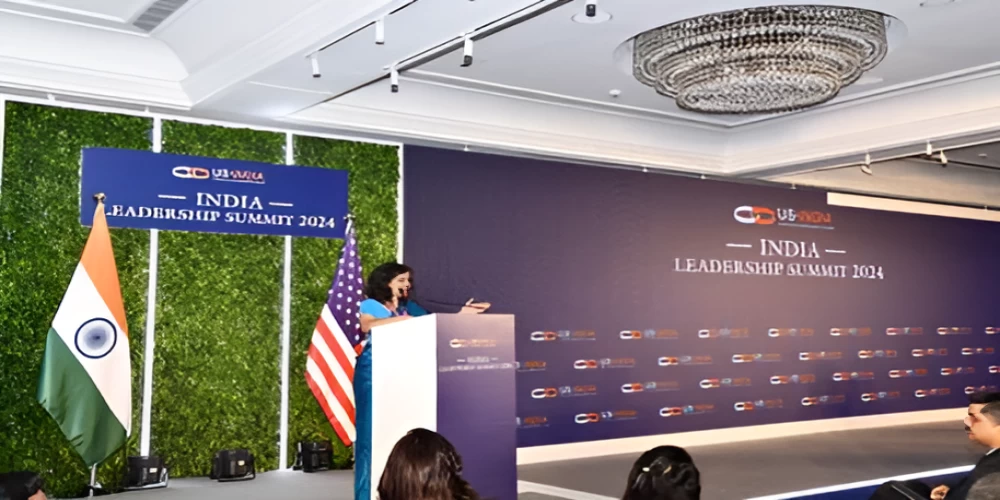
New Delhi: India's pharmaceutical sector provided the US healthcare system with savings of $219 billion in 2022, and a total of $1.3 trillion between 2013 and 2022, according to Punya Salila Srivastava, IAS, Union Health Secretary.
Half of the world’s vaccines are manufactured in India, with 4 billion doses produced in the past year alone, out of a global total of 8 billion. India is also leading efforts in biomedical research, pandemic preparedness, and vaccine development, the Health Secretary highlighted during her address at the India Leadership Summit 2024, organised by the US-India Strategic Partnership Forum in New Delhi.
Addressing the summit, the Health Secretary said that India has become a global leader in pharmaceuticals, being the third-largest producer and a key supplier of generic medicines. The Indian pharmaceutical industry’s contribution to the global healthcare sector is significant, with the highest number of US FDA-approved plants outside the US, accounting for 25% of all such plants worldwide. She emphasised that the medicines from Indian companies saved the US healthcare system $219 billion in 2022 alone, with total savings of $1.3 trillion between 2013 and 2022.
India also plays a crucial role in vaccine production, with 50% of the world’s vaccines being manufactured in the country. In the past year, India produced 4 billion doses, representing half of the 8 billion vaccine doses manufactured and distributed globally.
In addition to these achievements, the Health Secretary spoke about India's reforms in medical education, particularly through the National Medical Commission Act. These reforms have significantly increased the number of medical and nursing colleges, addressing disparities in healthcare professional availability and ensuring a competent health workforce to meet both national and global needs.
Regarding the Indo-US partnership in the health sector, the Health Secretary highlighted the strong collaboration between the National Centre for Disease Control (NCDC) and the US Centres for Disease Control and Prevention (CDC). India has benefited from the Field Epidemiology Training Programs (FETP) organised in collaboration with the US CDC, with over 200 Epidemic Intelligence Services (EIS) officers trained and another 50 currently undergoing training through various programs.
She also emphasised the joint efforts between India and the US to strengthen global health security. In August, the U.S.-India Cancer Moonshot Dialogue was launched to enhance cooperation in biomedical research, particularly focusing on cervical cancer. The initiative includes partnerships with institutions like AIIMS and Tata Memorial Hospital and has grown into the Quad Cancer Moonshot Initiative. She mentioned that India will contribute $7.5 million for cancer testing and diagnostics in the Indo-Pacific region and will also support radiotherapy and cancer prevention efforts.
In conclusion, the Health Secretary stressed the importance of public-private partnerships and expanding collaborative vaccine initiatives between India and the US. By prioritising research, technology transfer, and capacity building, both countries can improve global health outcomes. Guided by the philosophy of ‘Vasudhaiva Kutumbakam,’ she reiterated that global security depends on collective efforts for inclusive growth and shared well-being.
BI Bureau


